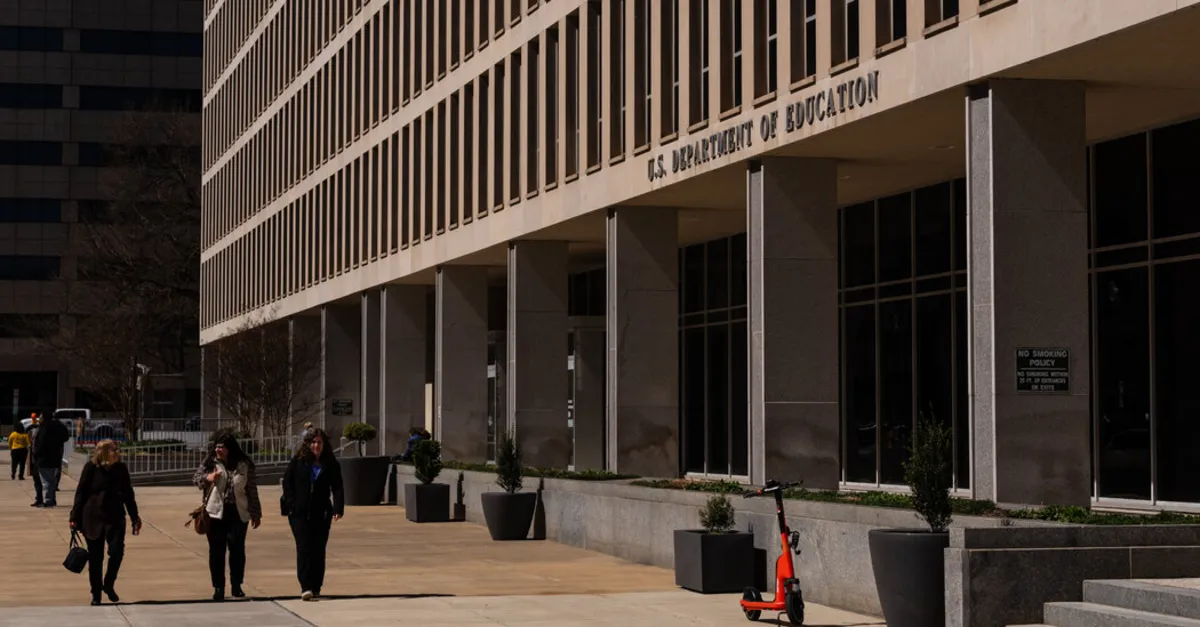
In recent statements, Mr. Gill highlighted that the European Union (E.U.) is seeking more time for discussions with the U.S. administration regarding impending tariffs. Currently, the E.U. is consulting its 27 member nations on a comprehensive 99-page list of items that will face new tariffs. This extensive list includes a wide range of products, from lingerie to soy products and machinery parts.
European officials estimate that these tariffs could impact up to €26 billion (approximately $28 billion) worth of exports. However, the E.U.'s plans have met with a stern response from Washington. According to the bloc’s trade commissioner, negotiations aimed at averting these tariffs will not commence until April.
Former President Trump has threatened to impose a staggering 200 percent tariff on European champagne, wine, and other alcoholic beverages in retaliation for Europe’s proposed measures. This response has led to criticism from some European leaders, particularly those from wine-producing nations. Italy's Prime Minister, Giorgia Meloni, cautioned against entering a “vicious circle” of retaliatory trade measures, while France’s Prime Minister, François Bayrou, expressed concerns about targeting the wrong sectors.
The E.U. aims to delay its initial wave of countertariffs to ensure a balanced approach, considering the interests of E.U. producers, exporters, and consumers. Mr. Gill emphasized the importance of maintaining an open dialogue with the U.S. during this process.
During a recent speech in Brussels, Maros Sefcovic, the E.U.'s trade commissioner, indicated that European officials believe the U.S. intends to announce additional tariffs on April 2. He noted that U.S. officials are not inclined to negotiate until after these tariffs are revealed. “Only then may partners be able to engage on possible negotiations,” he stated, while assuring that the E.U. would remain flexible in its response to new measures.
In a separate but significant development, President Trump has faced accusations of overstepping his executive authority by dismissing two Democratic commissioners from an independent trade commission. This action underscores his broader attempt to consolidate control over various branches of government during his second term.
Legal experts have noted that Trump’s interpretation of presidential power is unprecedented. Stephen Vladeck, a law professor at Georgetown University, remarked, “We’ve never seen a president so comprehensively attempt to arrogate and consolidate so much of the other branches’ power.” The Republican-controlled Congress has largely acquiesced to Trump’s agenda, transferring some legislative powers back to the White House.
Among other contentious actions, Trump has threatened to impeach judges who challenge his decisions, reflecting his contentious relationship with the judicial system. His administration has also disregarded court orders, including a recent directive from Judge James E. Boasberg to halt the deportation of certain migrants, many of whom reportedly lacked proper due process.
This disregard for judicial authority raises troubling questions about the balance of power and the future of the U.S. legal system. Trump’s allies assert that he is fulfilling his campaign promises and executing the powers vested in the presidency, while critics argue that his actions threaten the core principles of democracy.
In parallel developments, Elon Musk has been actively involved in reshaping U.S. government operations. His close associate, Steve Davis, has taken on a pivotal role within the Department of Government Efficiency (DOGE), driving efforts to cut costs and streamline operations across federal agencies.
Mr. Davis, who has a long history of working closely with Musk, is tasked with implementing significant budget cuts and restructuring initiatives. His actions include targeting diversity programs and pushing for an aggressive overhaul of the federal bureaucracy, often at the expense of established processes and regulations.
This aggressive restructuring raises concerns among civil rights groups and federal employees who worry about the impacts on job security and the integrity of government operations. Critics argue that the swift changes led by Musk and his team could undermine essential services and create chaos within federal agencies.
As the situation unfolds, both the E.U.'s trade negotiations with the U.S. and the internal restructuring efforts led by Musk will continue to be closely monitored. The outcomes of these developments have the potential to significantly affect international trade relations and the functioning of the U.S. government in the coming months.